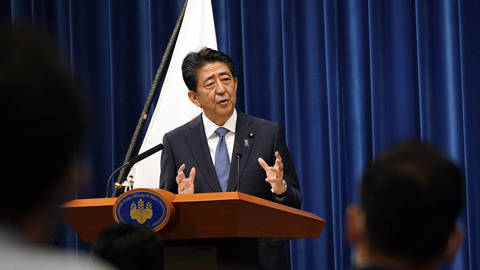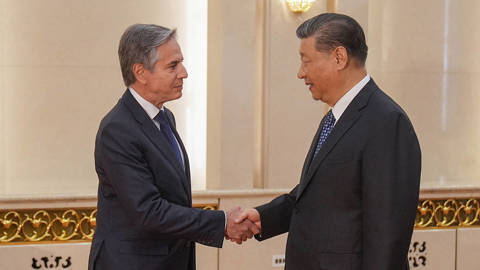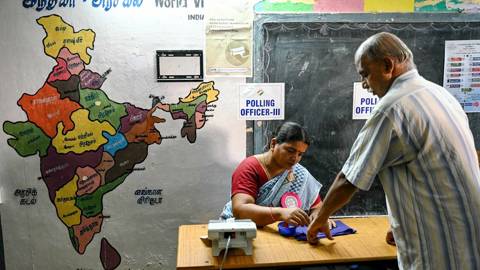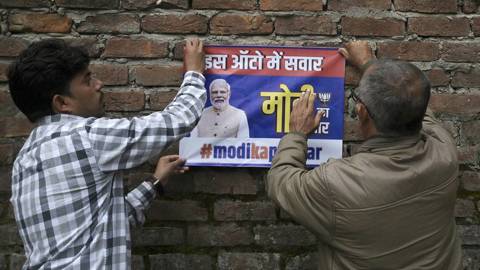Alice Albright
Alice Albright is CEO of the Global Partnership for Education.
-
A Radically Inclusive Makeover for Education

A Radically Inclusive Makeover for Education
Sep 9, 2020 Alice Albright & David Moinina Sengeh urge policymakers and donors to focus on helping the most marginalized children in developing countries.
-
An Education Crisis for All

An Education Crisis for All
Jul 15, 2019 Alice Albright calls for the G7 countries to put inclusive, quality schooling at the top of their development agendas.
-
The Promise of Inclusive Education

The Promise of Inclusive Education
Jul 23, 2018 Alice Albright makes the case for extending opportunities to learn for children with disabilities in developing countries.








